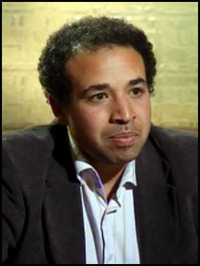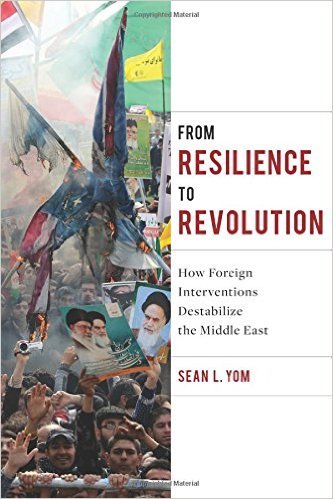
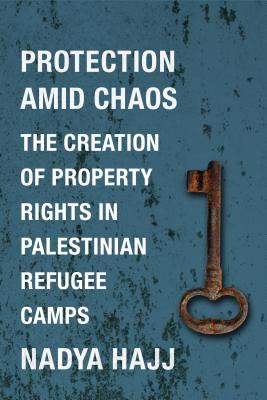
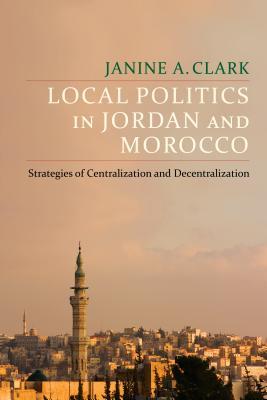
Columbia Studies in Middle East Politics
Series · 7 books · 2016-2021
Books in series

#2
From Resilience to Revolution
How Foreign Interventions Destabilize the Middle East
2016
As colonial rule dissolved in the 1930s and 1950s, Middle Eastern autocrats constructed new political states to solidify their reigns, with varying results. Some proved durable despite economic challenges and devastating wars, such as the Sabah regime of Kuwait, which faced little opposition and enjoyed mass support. Others such as the Hashemite monarchy of Jordan barely survived the twentieth century, tested repeatedly by uprisings from within and pressures from beyond. Still others were deposed through revolutionary upheavals as popular forces mobilized to overthrow their despotic reign, as with the Pahlavi dynasty of Iran. Why did equally ambitious authoritarians meet such unequal fates? Sean L. Yom makes a bold, singular claim: the durability of Middle Eastern regimes stems from their geopolitical origins. At the dawn of the postcolonial era, many autocratic states across the region had little support from their own societies and struggled to overcome widespread opposition. When foreign powers intervened to prop these regimes up, they unwittingly sabotaged the prospects for long-term stability by discouraging triumphant leaders from reaching out to their people and bargaining for mass support—early coalitional decisions that created repressive institutions and planted the seeds for future unrest. Only when they were secluded from larger geopolitical machinations did Middle Eastern regimes come to grips with their weaknesses and build broader coalitions. Based on comparative historical analyses of Iran, Jordan, and Kuwait, Yom examines the foreign interventions, coalitional choices, and state outcomes that characterize the modern Middle East. A key text for foreign policy scholars, From Resilience to Revolution shows how outside interference can corrupt the most basic choices of governance: who to reward, who to punish, who to compensate, and who to manipulate.

#4
Protection Amid Chaos
The Creation of Property Rights in Palestinian Refugee Camps
2016
The right to own property is something we generally take for granted. For refugees living in camps, in some cases for as long as generations, the link between citizenship and property ownership becomes strained. How do refugees protect these assets and preserve communal ties? How do they maintain a sense of identity and belonging within chaotic settings?
Protection Amid Chaos follows people as they develop binding claims on assets and resources in challenging political and economic spaces. Focusing on Palestinians living in refugee camps in Lebanon and Jordan, it shows how the first to arrive developed flexible though legitimate property rights claims based on legal knowledge retained from their homeland, subsequently adapted to the restrictions of refugee life. As camps increased in complexity, refugees merged their informal institutions with the formal rules of political outsiders, devising a broader, stronger system for protecting their assets and culture from predation and state incorporation.
For this book, Nadya Hajj conducted interviews with two hundred refugees. She consults memoirs, legal documents, and findings in the United Nations Relief Works Agency archives. Her work reveals the strategies Palestinian refugees have used to navigate their precarious conditions while under continuous assault and situates their struggle within the larger context of communities living in transitional spaces.

#5
Local Politics in Jordan and Morocco
Strategies of Centralization and Decentralization
2018
In recent years, authoritarian states in the Middle East and North Africa have faced increasing international pressure to decentralize political power. Decentralization is presented as a panacea that will foster good governance and civil society, helping citizens procure basic services and fight corruption. Two of these states, Jordan and Morocco, are monarchies with elected parliaments and recent experiences of liberalization. Morocco began devolving certain responsibilities to municipal councils decades ago, while Jordan has consistently followed a path of greater centralization. Their experiences test such assumptions about the benefits of localism.
Janine A. Clark examines why Morocco decentralized while Jordan did not and evaluates the impact of their divergent paths, ultimately explaining how authoritarian regimes can use decentralization reforms to consolidate power. Local Politics in Jordan and Morocco argues that decentralization is a tactic authoritarian regimes employ based on their coalition strategies to expand their base of support and strengthen patron-client ties. Clark analyzes the opportunities that decentralization presents to local actors to pursue their interests and lays out how municipal-level figures find ways to use reforms to their advantage. In Morocco, decentralization has resulted not in greater political inclusivity or improved services, but rather in the entrenchment of pro-regime elites in power. The main Islamist political party has also taken advantage of these reforms. In Jordan, decentralization would undermine the networks that benefit elites and their supporters. Based on extensive fieldwork, Local Politics in Jordan and Morocco is an important contribution to Middle East studies and political science that challenges our understanding of authoritarian regimes’ survival strategies and resilience.
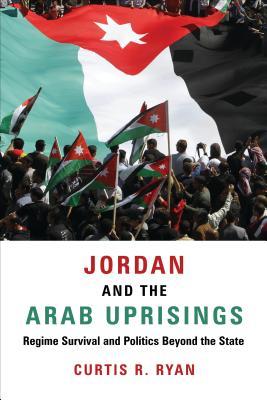
#6
Jordan and the Arab Uprisings
Regime Survival and Politics Beyond the State
2018
In 2011, as the Arab uprisings spread across the Middle East, Jordan remained more stable than any of its neighbors. Despite strife at its borders and an influx of refugees connected to the Syrian civil war and the rise of ISIS, as well as its own version of the Arab Spring with protests and popular mobilization demanding change, Jordan managed to avoid political upheaval. How did the regime survive in the face of the pressures unleashed by the Arab uprisings? What does its resilience tell us about the prospects for reform or revolutionary change?
In Jordan and the Arab Uprisings, Curtis R. Ryan explains how Jordan weathered the turmoil of the Arab Spring. Crossing divides between state and society, government and opposition, Ryan analyzes key features of Jordanian politics, including Islamist and leftist opposition parties, youth movements, and other forms of activism, as well as struggles over elections, reform, and identity. He details regime survival strategies, laying out how the monarchy has held out the possibility of reform while also seeking to coopt and contain its opponents. Ryan demonstrates how domestic politics were affected by both regional unrest and international support for the regime, and how regime survival and security concerns trumped hopes for greater change. While the Arab Spring may be over, Ryan shows that political activism in Jordan is not, and that struggles for reform and change will continue. Drawing on extensive fieldwork and interviews with a vast range of people, from grassroots activists to King Abdullah II, Jordan and the Arab Uprisings is a definitive analysis of Jordanian politics before, during, and beyond the Arab uprisings.
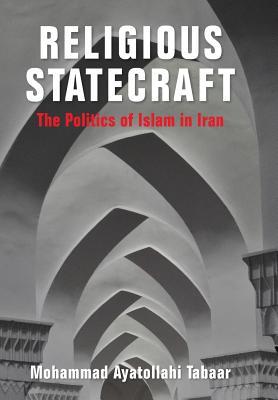
#7
Religious Statecraft
The Politics of Islam in Iran
2018
Since the 1979 revolution, scholars and policy makers alike have tended to see Iranian political actors as religiously driven—dedicated to overturning the international order in line with a theologically prescribed outlook. This provocative book argues that such views have the link between religious ideology and political order in Iran backwards. Religious Statecraft examines the politics of Islam, rather than political Islam, to achieve a new understanding of Iranian politics and its ideological contradictions.
Mohammad Ayatollahi Tabaar traces half a century of shifting Islamist doctrines against the backdrop of Iran's factional and international politics, demonstrating that religious narratives in Iran can change rapidly, frequently, and dramatically in accordance with elites' threat perceptions. He argues that the Islamists' gambit to capture the state depended on attaining a monopoly over the use of religious narratives. Tabaar explains how competing political actors strategically develop and deploy Shi'a-inspired ideologies to gain credibility, constrain political rivals, and raise mass support. He also challenges readers to rethink conventional wisdom regarding the revolution, Ayatollah Khomeini, the U.S. embassy hostage crisis, the Iran-Iraq War, the Green Movement,nuclear politics, and U.S.-Iran relations. Based on a micro-level analysis of postrevolutionary Iranian media and recently declassified documents as well as theological journals and political memoirs, Religious Statecraft constructs a new picture of Iranian politics in which power drives Islamist ideology.
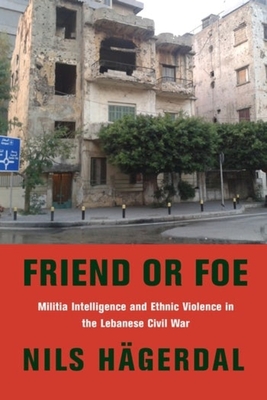
#8
Friend or Foe
Militia Intelligence and Ethnic Violence in the Lebanese Civil War
2021
When civil conflicts break out in plural societies, violence often occurs along group divides—running the risk of spiraling into ethnic cleansing. Yet for militants who do not seek ethnic separation as a political goal, indiscriminate attacks are detrimental to their cause. Under what circumstances are such combatants more or less likely to commit ethnic violence?
Nils Hägerdal examines the Lebanese civil war to offer a new theory that highlights the interplay of ethnicity and intelligence gathering. He shows that when militias can obtain reliable intelligence—particularly in demographically intermixed areas where information can cross ethnic boundaries—they are likely to refrain from indiscriminate tactics. Access to local intelligence helps armed groups distinguish between neutral and hostile non-coethnics to target individual opponents while leaving civilians in peace. Conversely, when militias struggle to access local information, they often fall back on ethnicity as a proxy for political allegiance, with bloody consequences. As intelligence capabilities shape the course of sectarian strife, the role of ethnicity can vary even within a particular conflict.
Hägerdal conducted sixteen months of fieldwork in Lebanon, interviewing former militia fighters and commanders and collecting novel statistical evidence. He combines documentation by government agencies, NGOs, local news media, and the United Nations with firsthand narratives by participants to provide an unparalleled account of the processes that generate violence or coexistence when a diverse society descends into armed conflict. Theoretically innovative and descriptively rich, Friend or Foe sheds new light on the logic and dynamics of ethnic violence in civil wars.
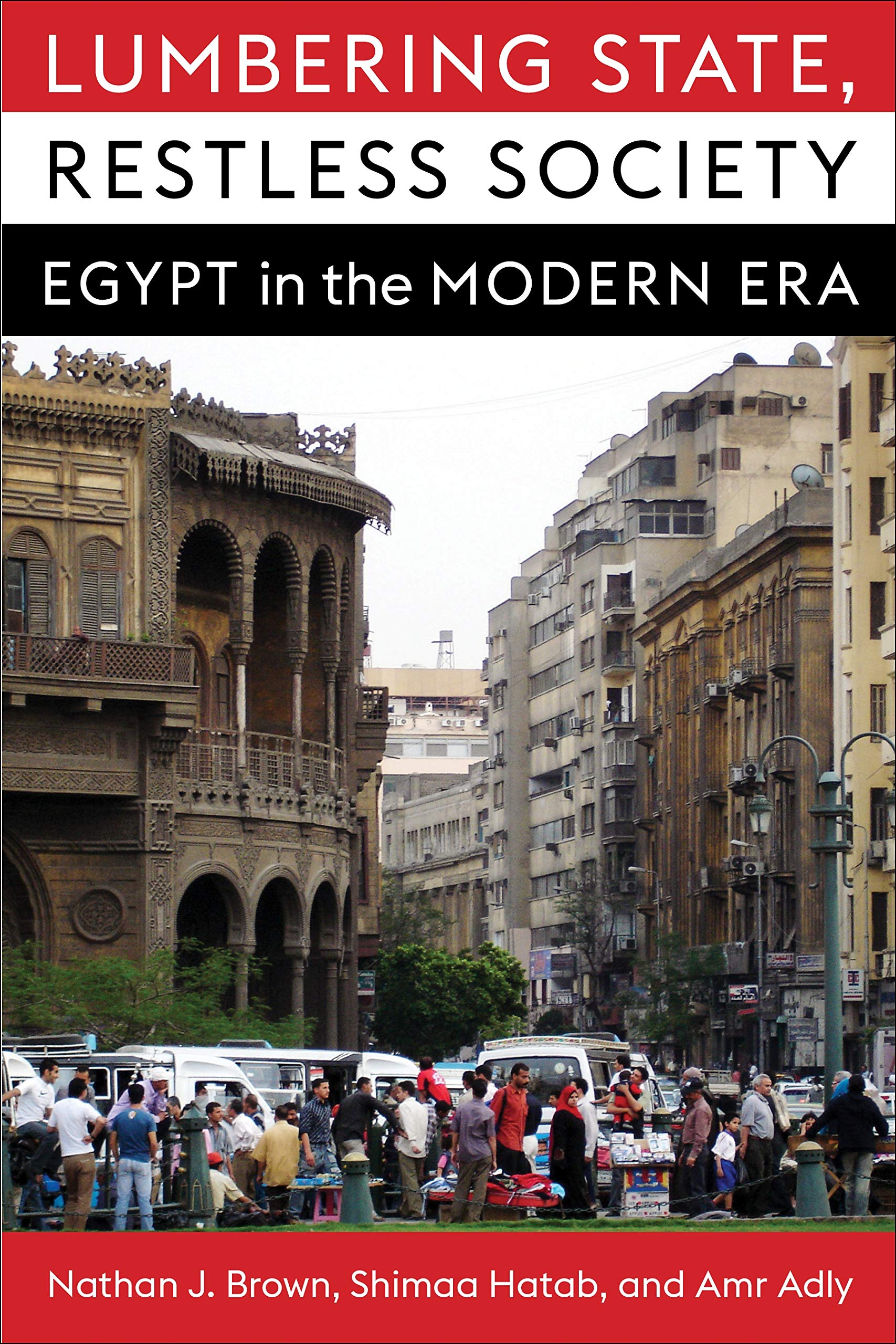
#9
Lumbering State, Restless Society
Egypt in the Modern Era
2021
Lumbering State, Restless Society offers a comprehensive and compelling understanding of modern Egypt. Nathan J. Brown, Shimaa Hatab, and Amr Adly guide readers through crucial developments in Egyptian politics, society, and economics from the middle of the twentieth century through the present. Integrating diverse perspectives and areas of expertise, including the tools of comparative politics, the book provides an accessible and clear introduction to the Egypt of today alongside an innovative and rigorous analysis of the country's history and governance.
Brown, Hatab, and Adly highlight ways in which Egypt resembles other societies around the world, drawing from and contributing to broader debates in political science. They trace the emergence of a powerful and intrusive state alongside a society that is increasingly politicized, and they emphasize how the rulers and regimes who have built and steered the state apparatus have also had to retreat and recalibrate. The authors also examine why authoritarianism, corporatism, and socialism have decayed without resulting in a liberal democratic order, and they show why Egyptian politics should not be understood in terms of a single dominant force but rather an interplay among many actors. At once current, insightful, and engaging, Lumbering State, Restless Society delivers a powerful and distinctive account of modern Egypt in the modern world.
